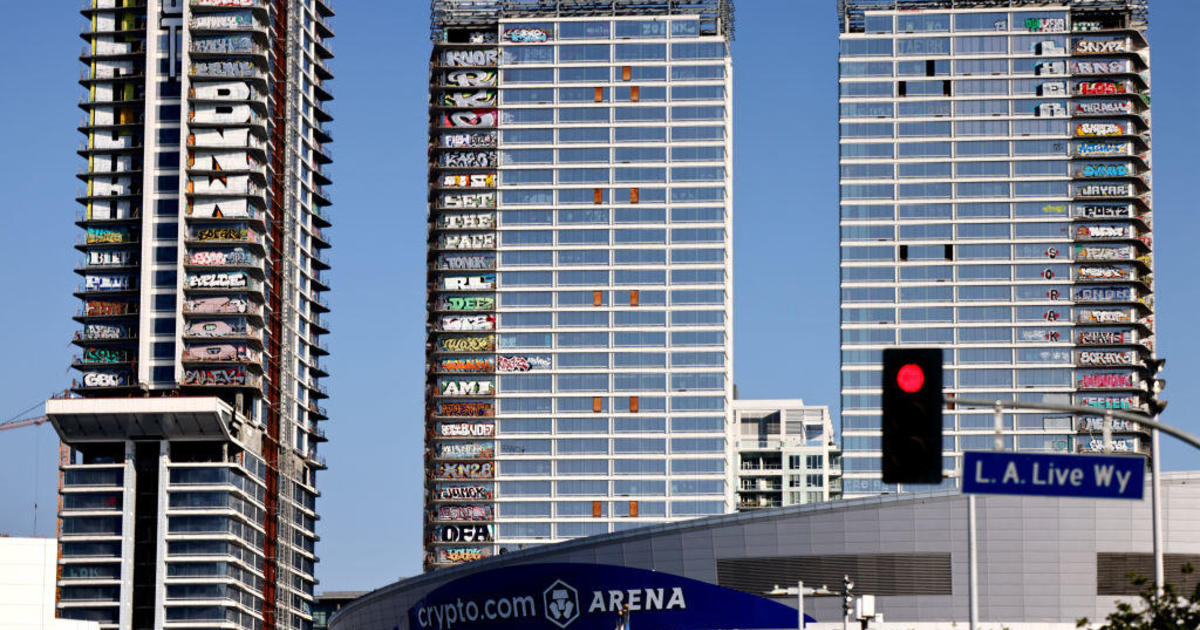Expect 125 Million EVs On The Road By 2030, Says IEA
LOS ANGELES (CNET) — If you feel like you're seeing more Tesla, Chevrolet Bolt EV and Nissan Leaf models on the road today, you're not going crazy. According to a new report by the International Energy Agency, the number of EVs on the world's roads is growing exponentially. In fact, the agency, which advises countries on energy policy, expects there to be 125 million EVs on the road globally by 2030.
In 2017, our little blue planet was home to 3 million EVs, mostly sold in China in the form of electric busses and two-wheeled vehicles. The US was runner-up, with 280,000 EVs running around our nation's highways. Lest you think cold weather may hinder EV sales, 39 percent of cars sold in Norway, 12 percent of sales in Iceland and 6 percent of new cars in Sweden were all electric.
What's behind the growth? In places like California, folks are buying EVs to earn that coveted right to commute in the carpool lane as a single driver, but government policies like emission mandates and restrictions on internal combustion engines in city centers are also driving sales, as are substantial tax incentives in countries like the US and Norway.
What's more, the charging infrastructure to support EVs is growing worldwide. Last year, according to the IEA, 3 million private chargers could be found in people's homes and businesses, while public chargers numbered 430,000. (Only 25 percent of the aforementioned are fast chargers, however.)
Still, we have a long way to go. Sure, it sounds like every other car will be silently cruising along in electric bliss by 2030, but 125 million EVs amounts to only 14 percent of all vehicles sold worldwide. Companies must continue to improve battery technology and lower costs if we want to see that number continue to grow. That need, the IEA says, includes a lot more battery production capability. The report estimates that at least 10 more gigafactories will be needed by 2025 to cope with demand.
Cobalt, a core element of in battery construction, is shaping up to be another hurdle to overcome. Sixty percent of the world's cobalt supply is estimated to reside in the Democratic Republic of Congo, and that's a problem. The country is not exactly known for its exemplary labor and social conditions, and that reality is forcing manufacturers to develop other battery solutions.
— Emme Hall



